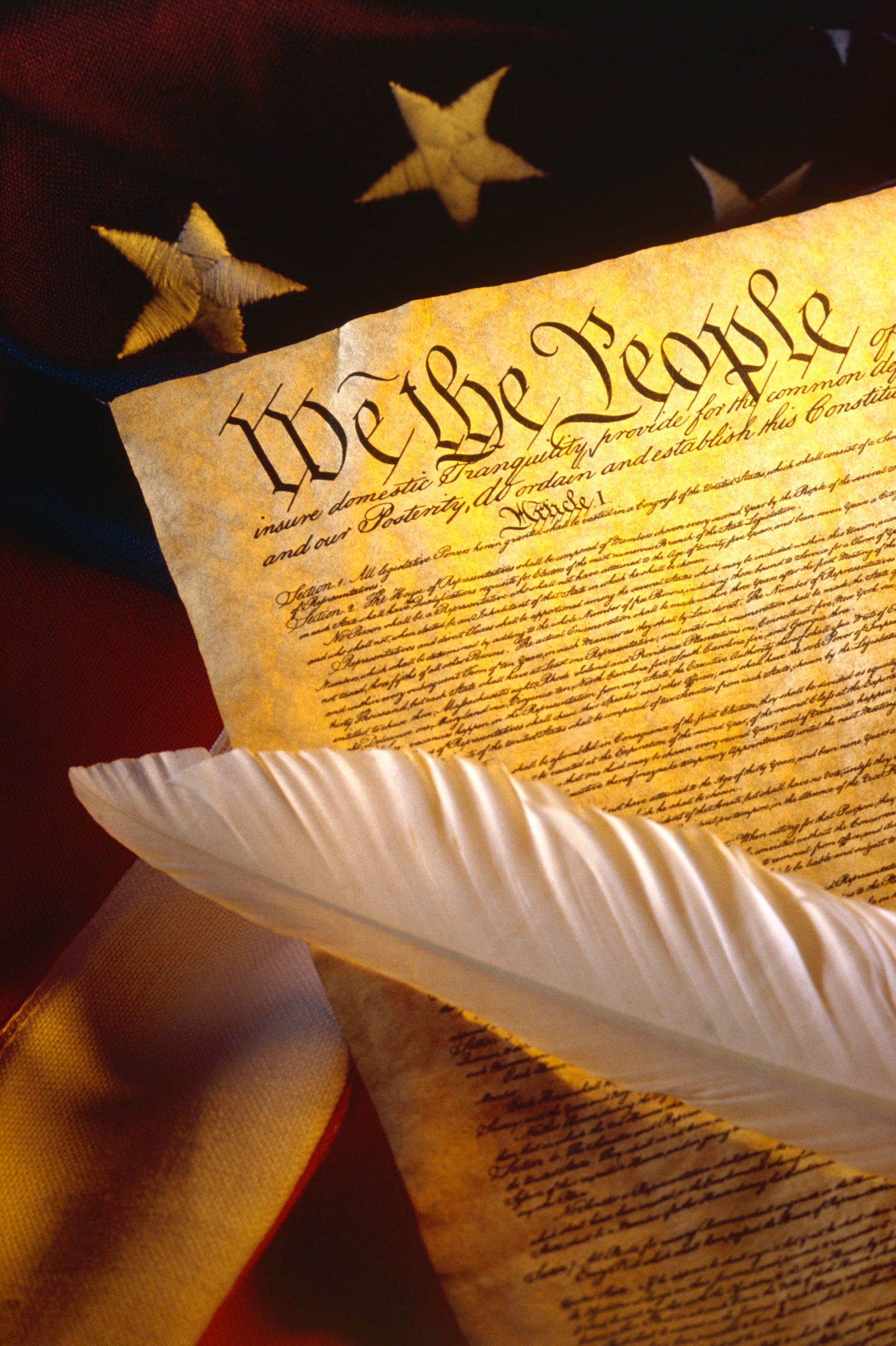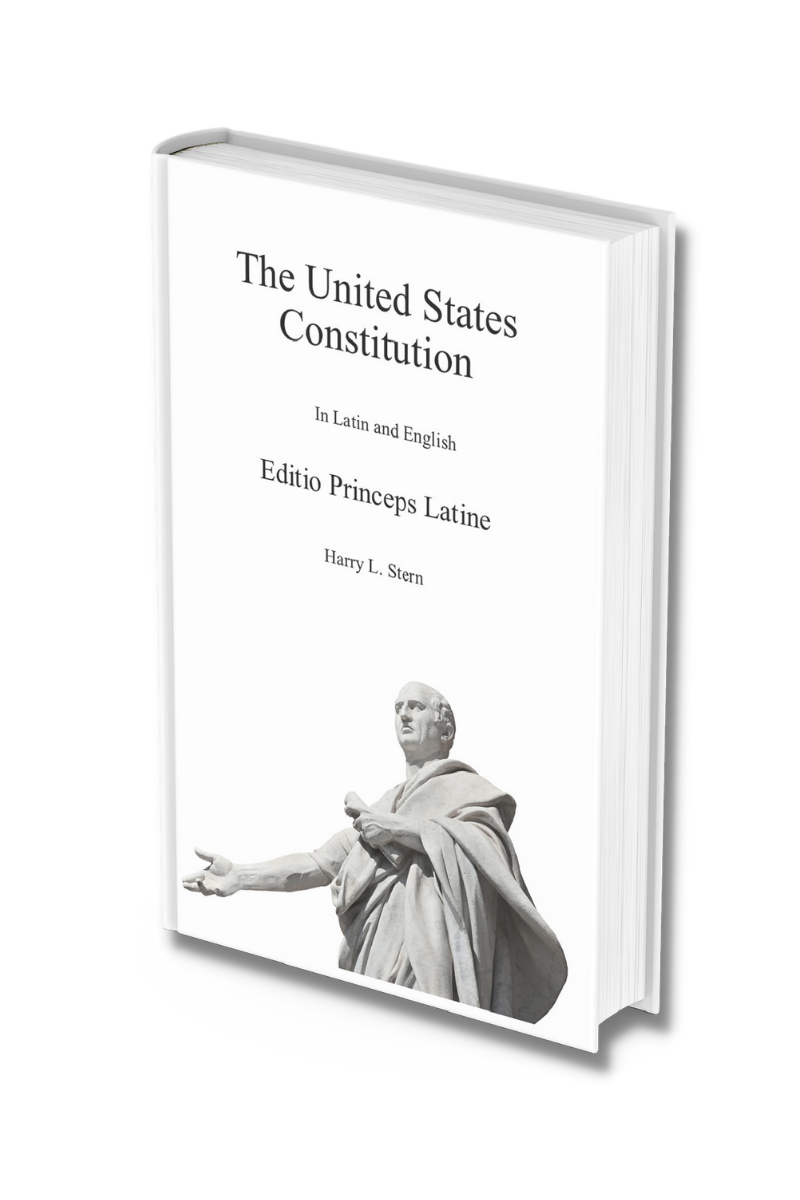The United States Constitution Editio Princeps Latine
This first-ever translation of the U.S. Constitution and Bill of Rights into Latin is accompanied by brief biographies of the ancient Roman scholar Cicero as well as the five members of the Committee of Style who crafted the final wording of the Constitution in 1787.
The background of many of the delegates to the Constitutional Convention of 1787 included expertise in the Latin language. Reading the U.S. Constitution, it sounds as if it could be a translation from some Latin prototype from the Roman Republic. Consequently, a Latin version of the Constitution seems to be a natural extension of the education and thinking prevalent in the era of the Founding Fathers.
With the Latin and English versions on facing pages, this volume will add a new dimension to the study of the Constitution and to the field of Classical Philology. It will be a resource for students and scholars of Classics, Constitutional Law, and American History.
Harry's Book
This first-ever translation of the U.S. Constitution and Bill of Rights into Latin is accompanied by brief biographies of the ancient Roman scholar Cicero as well as the five members of the Committee of Style who crafted the U.S. Constitution in 1787.Cicero developed Latin from a provincial dialect to an international language clearly expressing abstract and complicated thought. Correspondence from Roman Britain, Germany, Spain, North Africa, Egypt, Syria, and the Danube was all sent to Rome in Ciceronian style. From the beginning of the Renaissance, when his complete works were recovered and studied extensively, Cicero became the universally recognized master of Latin prose style. The background of many of the delegates to the Constitutional Convention of 1787 included expertise in the Latin language. This was particularly true for the five members chosen to function as a Committee of Style, who were learned in the works of Cicero and the legal texts of the Ancient World. Their mandate was to arrange the agreed-upon articles in proper sequence and revise their form for clarity of language. They had been selected for expertise in written expression and rhetorical skill.Reading the U.S. Constitution, it sounds as if it could be a translation from some Latin prototype from the Roman Republic. Consequently, a Latin version of the Constitution seems to be a natural extension of the education and thinking prevalent in the era of the Founding Fathers. This volume will add a new dimension to the study of our Constitution and to the field of Classical Philology. It is intended for students and scholars of Classics, Constitutional Law, and American History, and will undoubtedly become a collector’s item for bibliophiles.
Harry L. Stern III - Author
Harry L. Stern III is the son of the originator of the idea to translate the U.S. Constitution into Latin. He lives in Seattle, where he works at the University of Washington’s Polar Science Center. He has shepherded the current book into print as a lasting legacy to his father.




